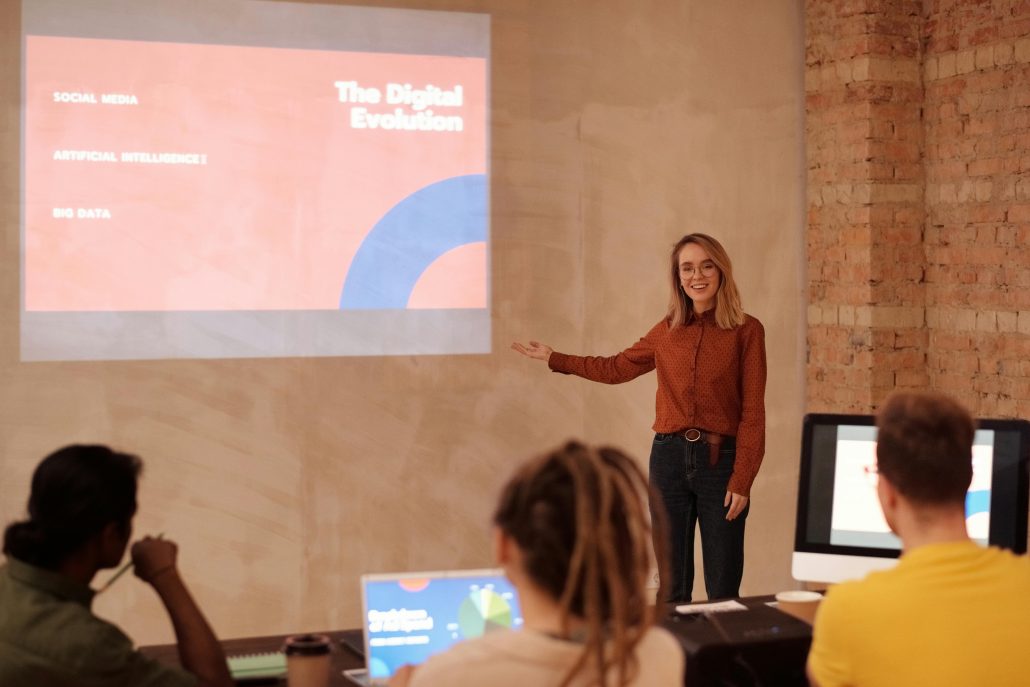Conflict is often seen as something negative, to be avoided or resolved quickly. But in reality, it’s a signal. It tells us that something matters deeply, that voices want to be heard, and that there is potential for transformation.
South Africa’s diversity is a powerful strength, but it can become a source of tension when disagreements arise. With 11 official languages and a complex mix of cultural norms, navigating workplace conflict here isn’t just a challenge – it’s an opportunity.
The Cost of Avoiding Conflict
Avoiding conflict comes at a steep cost. Globally, employees spend an average of 2.8 hours a week dealing with unresolved conflict, impacting productivity and morale (Peaceful Leaders Academy, 2024). In South Africa, more than 40% of work-related illnesses are linked to occupational stress, often rooted in unresolved workplace tensions (Wikipedia, 2024).
In South Africa our cultural context matters. The philosophy of Ubuntu, which emphasises human connection and communal harmony, sometimes results in conflict being buried under the surface. Indirect communication and an aversion to confrontation can prolong misunderstandings. Yet, when understood and applied constructively, Ubuntu offers a framework for addressing conflict with empathy, respect, and openness.
Handled well, conflict unlocks significant benefits. Research from the Workplace Peace Institute (2024) shows that teams who embrace conflict experience greater creativity, deeper trust, and stronger relationships. Conflict prompts critical questions:
- Whose voices dominate the conversation and whose are being overlooked?
- What truths are we avoiding or afraid to speak?
- Which assumptions are holding us back?
These questions aren’t just philosophical – they are strategic. They lead to healthier cultures, more inclusive workplaces, and more courageous leadership.
From Silence to Strategy: The Leadership Opportunity
Conflict is more common than we admit. Since its inception in 1996, the Commission for Conciliation, Mediation, and Arbitration (CCMA) has handled over 3.8 million workplace disputes (Wikipedia, 2024). The numbers confirm what many of us already know: conflict is everywhere. But so is the opportunity to lead differently.
Leaders who develop the courage and skill to engage conflict directly build workplaces where honesty, accountability, and innovation thrive. Instead of suppressing conflict, they turn it into meaningful dialogue.
Learn how to become that kind of leader in our Conflict Management Skills course.
The Real Conversation We Need
True disruption isn’t about breaking things but about breaking silences. Conflict doesn’t damage relationships; it reveals what needs healing, strengthening, or transforming. It’s not the end of something. It’s the start of something deeper.
In upcoming articles, we’ll explore how South African leaders can practically harness conflict as a tool for growth, innovation, and equity. Because conflict isn’t the problem, it’s our greatest opportunity.
In the tension lies truth; in truth, transformation.






